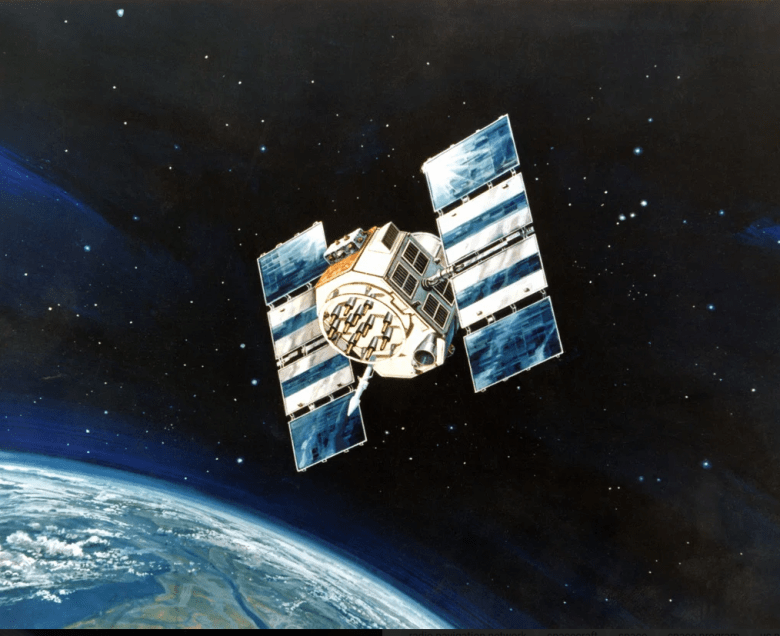Ransomware exploits value. Attackers put victims against a decision to pay for the hope of the return of their system or lose it. For victims, it is hard to justify not paying even though it sets a harmful precedent. At heart, this is an economics question that cyber professionals find it difficult to answer on Earth. In space, the steep initial investments, slow times to market and operational costs of satellites and in-orbit infrastructure make the payment of a future ransomware attack against a satellite nearly assured.
There is an unaccounted-for gap in current space cybersecurity policies that omits the potentially devastating effects of widespread ransomware attacks on space assets. The technical capability to execute a ransomware attack against a satellite is there. Once the first malicious actor successfully ransoms a satellite and receives payment, the floodgates will open. Because of the economics of space assets, owners and operators will likely be forced into a position where payment is their only option and the technical and policy cybersecurity communities are not ready.
To continue reading this article:
Register now and get
3 free articles every month.
You’ll also receive our weekly SpaceNews This Week newsletter every Friday. Opt-out at any time.
Get unlimited access to
SpaceNews.com now.
Use code SNLAUNCH for 30% off your first payment.
Subscriptions renew automatically at full price. Cancel anytime. Sales tax may apply. No refunds. Only one discount code valid per subscription.

